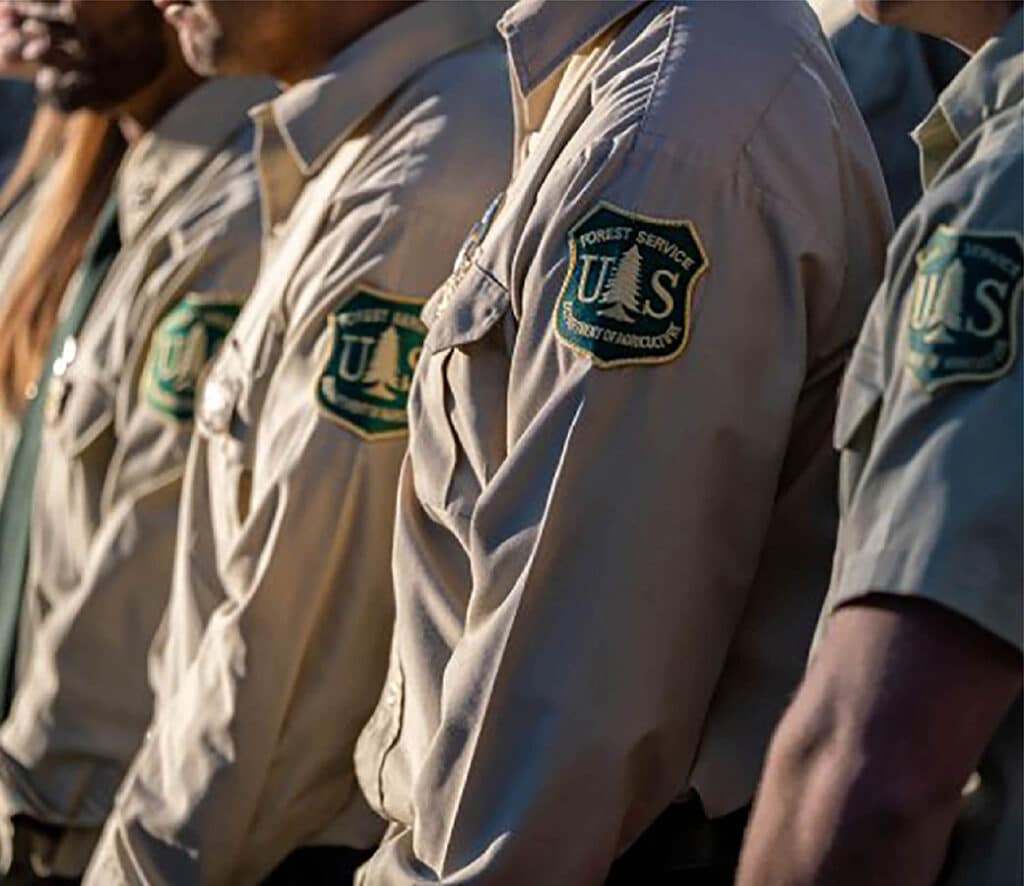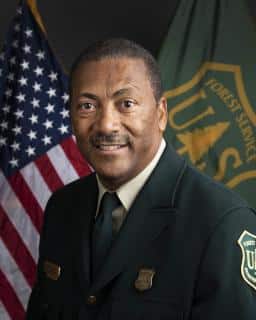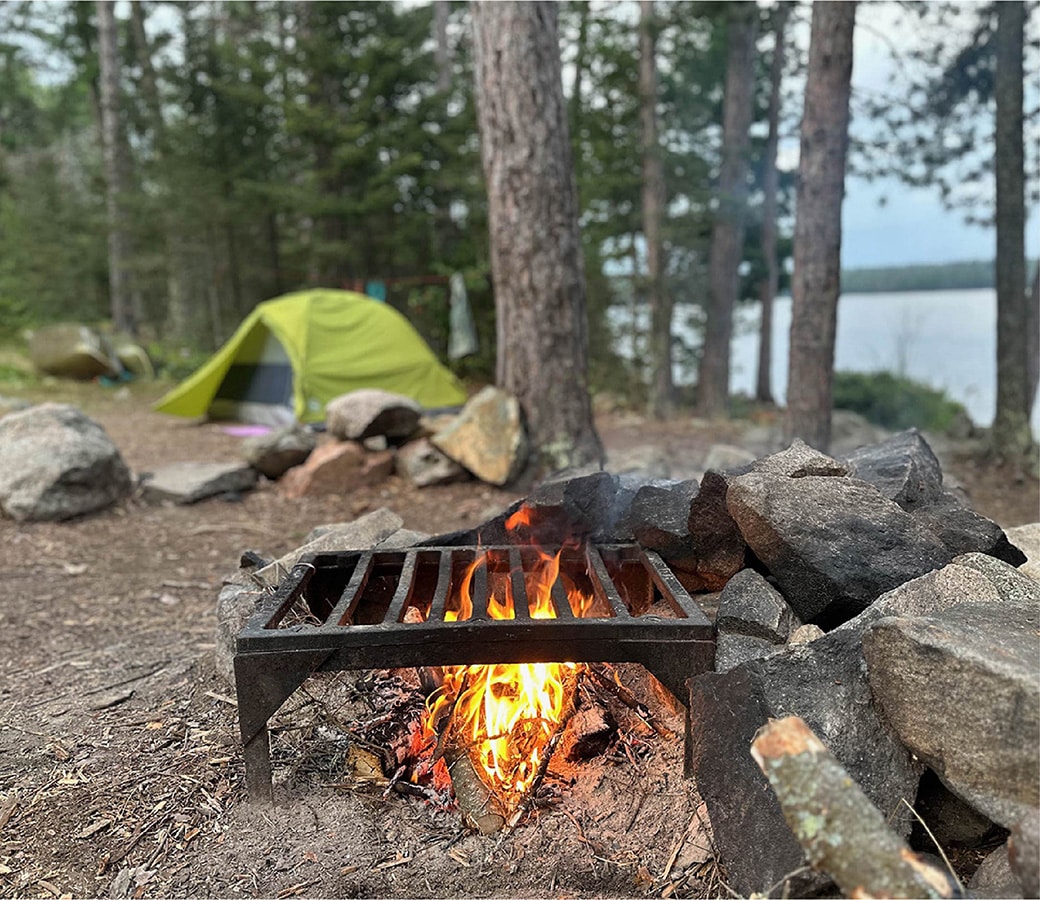
The Forest Service anticipates budget cuts across the entire organization for 2025. The federal agency has requested $8.9 billion in funding but expects to receive significantly less. This reduction could negatively impact the Superior National Forest (SNF) and Boundary Waters Canoe Area Wilderness (BWCAW). As a result, visitors should prepare for potential changes. This includes decreased staffing at ranger stations, less campsite and portage maintenance, and limited wildfire suppression resources.
Cuts affect entire agency
These nationwide issues have been felt at the local level. Already, the SNF has experienced a reduction in seasonal staffing and resources. Cathy Quinn, the Assistant Wilderness Program Manager for the SNF, stated, “Due to understaffing, the agency has decreased its efforts on rehabbing campsites and portage trails within the BWCAW.” This year, they faced significant challenges because June brought higher-than-average rainfall. Heavy rain washed out parts of portage trails and obliterated sections of roads leading to canoe entry points. The repairs are ongoing.
Funding for the National Forest is determined at the federal level. The House and Senate Appropriations Committees play a key role in allocating funds for the USFS and its various programs and initiatives.

USFS Chief Randy Moore noted that the agency is working “to plan the FY 2025 allocations in a potentially budget-limited future.” The agency is also managing the exhaustion of supplemental funding received through the Inflation Reduction Act and the Bipartisan Infrastructure Law.
In an article by NBC News, the agency declined to specify how much of their budget is expected to shrink. Still, they emphasized that they’re focusing on putting funds towards their highest-priority work. Chief Moore stated that, in the immediate term, the federal agency will prioritize ensuring all USFS employees are paid. In the long term, they plan to develop a sustainable budget and organizational strategy. Furthermore, they will also concentrate on prioritizing the plans for the Wildfire Crisis Strategy.
Impact on the wilderness
Visitors to the BWCAW will notice changes. Some ranger stations may operate with limited hours or close entirely. The Forest Service will not hire seasonal employees, resulting in limited staff throughout the national forest. Fewer resources may be available to combat wildfires, but seasonal wildland firefighters will still be on hand. Additionally, maintenance of campsites and portage trails is unlikely.

USFS Supervisor Tom Hall told Paddle & Portage that “some of the financial issues the Forest Service is facing have already surfaced locally, with the Gunflint and Tofte Ranger Stations reducing their hours this year.” This means that next year, outfitters who rent gear may need to issue more permits if some ranger stations cannot.
Earlier this year, the USFS-Superior National Forest facilitated a public commenting period while working to modernize their Forest Plan Amendment of Management Direction for the BWCAW. Despite budget cuts, the plan continues to move forward. The USFS stated, “Currently, there is no impact to the BWCAW Chapter of the Forest Plan that is being updated.” They went on to note that the chapter is complex and not the entire Forest Plan, which should be updated in a few years.
The Forest Service acknowledges that no easy solutions exist for ongoing budget challenges and that rising costs continue to impact the agency. However, they hope that their decisions will ultimately benefit the agency’s overall financial health. Given all these obstacles, visitors are encouraged to keep practicing Leave No Trace principles and adhere to national forest rules and regulations.

More info:
- Fiscal year 2025 budget updates – Forest Service U.S. Department of Agriculture
- Fiscal Year 2025 Budget Justification – Forest Service U.S. Department of Agriculture
- Forest Service Budget Woes Will Impact Boundary Waters Outfitters and Paddlers in 2025 – Paddle & Portage

